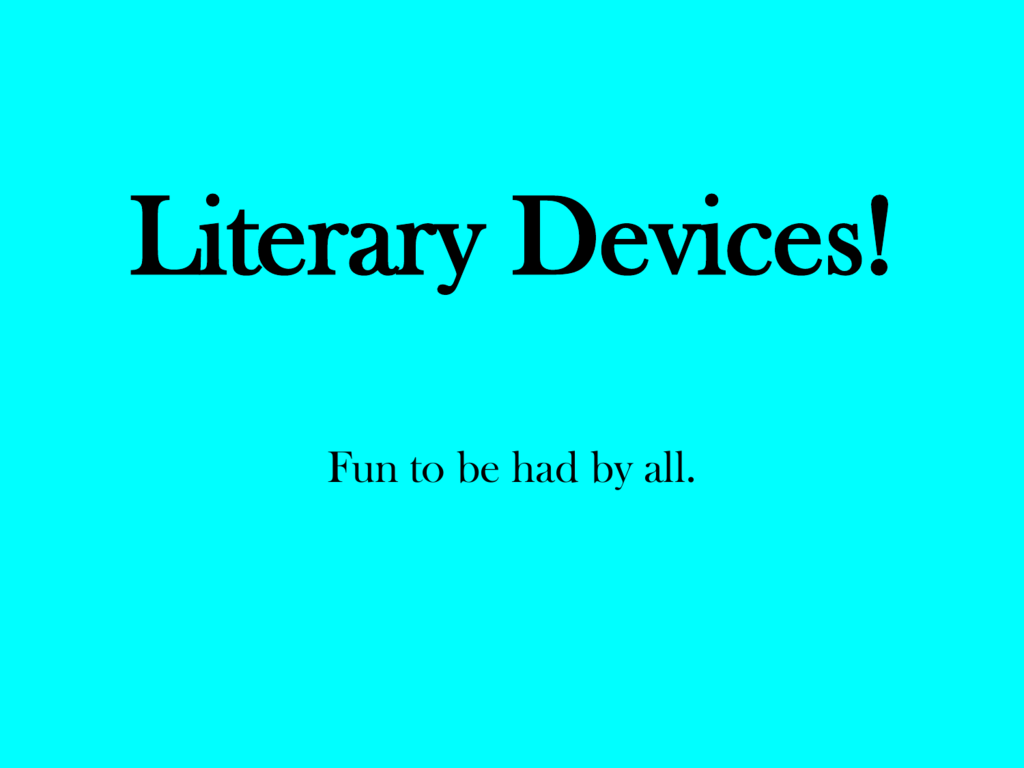The Playful Dance of Language: Onomatopoeia, Oxymoron, and Satire Unleashed
All Systems Operational
About This Site
Introduction
Language is a captivating dance of words, capable of evoking emotions, painting vivid images, and conveying ideas. Writers and poets have mastered the art of using literary devices to enrich their works and engage readers.

In this editorial, we delve into the delightful trio of onomatopoeia, oxymoron, and satire, exploring their unique characteristics and their power to transform the written word.
So, let's embark on a journey through the enchanting world of language, where words come alive and imagination thrives.
Onomatopoeia: The Symphony of Sounds
Onomatopoeia is a linguistic device that seeks to imitate or mimic sounds through words. It creates a harmonious connection between language and the auditory experience, allowing readers to hear the words on the page.
From the buzzing of bees to the thunderous roar of waves, onomatopoeia paints a vivid audio landscape. Onomatopoeic words such as "buzz," "crash," and "hiss" infuse the text with a sensory quality that brings the reader closer to the action.
The use of onomatopoeia is not limited to literature alone. It finds its way into comic books, advertising slogans, and even everyday conversations. Consider the iconic "Pow!" and "Boom!" that accompany the action-packed scenes in comics.
Through these phonetic imitations, writers and speakers can create a multisensory experience that transcends the boundaries of traditional language.
Oxymoron: The Paradoxical Twist
Oxymoron, a figure of speech that combines contradictory terms, adds a touch of intrigue and complexity to language. It fuses opposing ideas, highlighting the tension and irony inherent in certain situations.
Phrases like "bittersweet," "deafening silence," and "living dead" capture the essence of oxymoron, as they bring together words that seemingly contradict each other. This intentional contradiction provokes thought, challenges perceptions, and adds depth to literary works.
Oxymorons serve as powerful tools for writers, enabling them to convey nuanced emotions and themes. By juxtaposing contrasting elements, authors can explore the complexities of life, love, and human nature.
Through oxymorons, the beauty of paradox emerges, encouraging readers to delve into the intricacies of the human experience.
Satire: The Weapon of Wit
Satire, a literary genre that blends humor and criticism, is a potent tool that allows writers to express their discontent and provoke change. It employs irony, sarcasm, and ridicule to highlight societal flaws, human vices, and political follies.
Through satire, writers can address serious subjects in a lighthearted manner, inviting readers to reflect on the absurdities of the world.
Satire acts as a mirror, reflecting society's shortcomings and challenging the status quo. Writers employ this genre to stimulate critical thinking, expose hypocrisy, and initiate conversations about pressing issues.
By employing wit and clever wordplay, satirical works have the power to entertain, educate, and inspire readers to question the prevailing norms.
Conclusion
Language is a dynamic and captivating realm, capable of conjuring images, provoking thoughts, and evoking emotions. The trio of onomatopoeia, oxymoron, and satire adds depth, intrigue, and humor to the written word.
Onomatopoeia mimics sounds, bringing the auditory experience to life within the text. Oxymoron blends contradictions, adding complexity and depth to literary works. Satire, with its wit and criticism, challenges societal norms and stimulates critical thinking.
As we continue to explore the vast expanse of language, it becomes evident that these literary devices hold immense power. They allow writers to transcend conventional boundaries, enabling readers to embark on extraordinary journeys of imagination and understanding.
If you need assistance with writing an essay or any other academic task, you can seek professional help from write my essay. Their team of expert writers can provide you with high-quality and well-researched papers tailored to your specific requirements.
So, let us embrace the playful dance of language, where onomatopoeia hums, oxymoron twists, and satire roars, and revel in the magic they bestow upon our words.
Other literary devices you should know:
Words that Roar: Unleashing the Power of Onomatopoeia in Satirical Essay Writing
Unleash Your Writing Superpowers with Allegory and Alliteration
Unleashing Creativity: How Allusion, Analogy, and Euphemism Can Elevate Your Writing Game